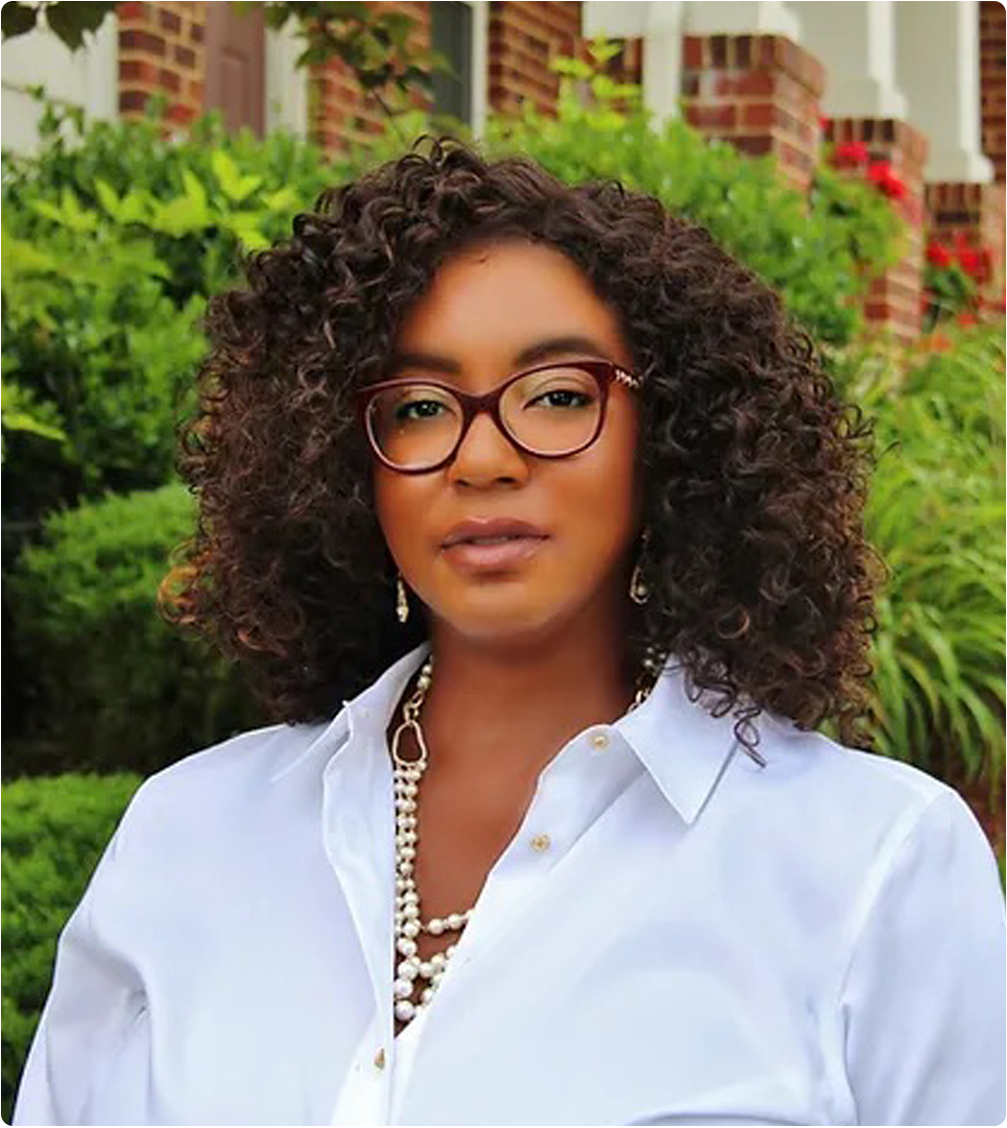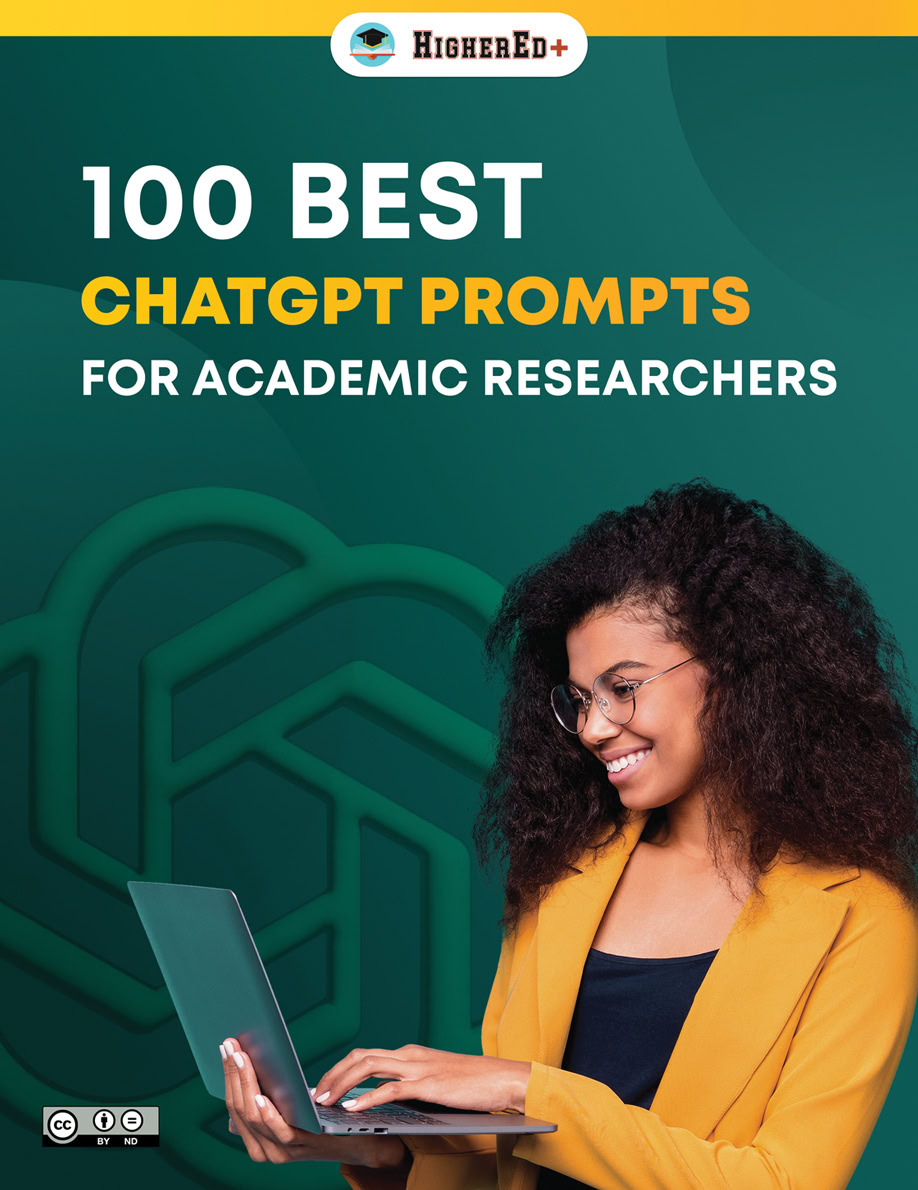

Course Design & Development Best Practices in Higher Education
Learning Objectives
Upon completion of this comprehensive and engaging course, you will be able to:
- Review the importance and key functions of course syllabi
- Build an effective and engaging course syllabus step-by-step
- Identify and write the 9 core elements and 12 additional elements of a successful course syllabus
- Develop and communicate classroom expectations, your grading and attendance policies, and key course procedures
- Follow a 4-step process to design SMART student learning outcomes for students
- Compare and contrast assessment best practices vs. evaluation best practices
- Design effective formative and summative student assessments
- Develop class assignments that align with student learning outcomes
- Avoid the 5 most common mistakes when developing class assignments
Instructor

Raenita Fenner, PhD is an Associate Professor and Chair of Engineering at Loyola University Maryland. Dr. Fenner is also the Director of the African and African American Studies interdisciplinary minor at Loyola. Having completed her PhD in Electrical Engineering at Michigan State University, she has received grants from funders including the National Science Foundation (NSF) and the Engineering Information Foundation. An innovative and experienced educator, Dr. Fenner is dedicated to the mutual sharing of thoughts and ideas in the classroom, as well as fostering enthusiasm in undergraduate and graduate students to become life-long learners. In addition, as a Senior Member of the IEEE, Dr. Fenner is an accomplished researcher in her area electromagnetic material characterization, having published in leading peer-reviewed journals such as Progress in Electromagnetics Research, IEEE Microwave and Wireless Components Letters, and Journal of Electromagnetic Waves and Applications. Dedicated to professional service, she serves as faculty advisor of the Society for Women Engineers (SWE) and provides professional workshops to support students’ career development, writing skills, and quantitative literacy.

